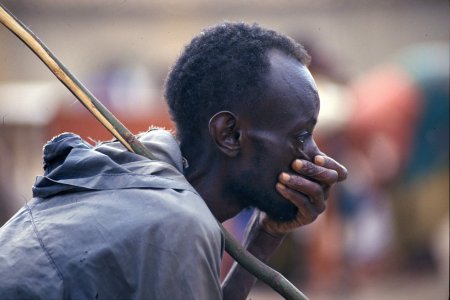 Roger Job
Conference
Roger Job
Conference
02/11/2019 - 06:00 PM 08:00 PM
Jean-Hervé Bradol
The CRASH team invited you to the screening-debate “France in Rwanda. Guilty neutrality” on Monday 11th of February 2019 from 6 to 8pm, in the 1rst floor room of the 8 rue Saint-Sabin. A documentary film by Robert Genoud and Claudine Vidal (Director Emeritus for research at the CNRS, member of the CRASH scientific committee at MSF), and produced by EUP. Before and after the screening, Claudine Vidal and Jean-Hervé Bradol, both actors of MSF mobilization between 1994 and 1998 launched the discussion.
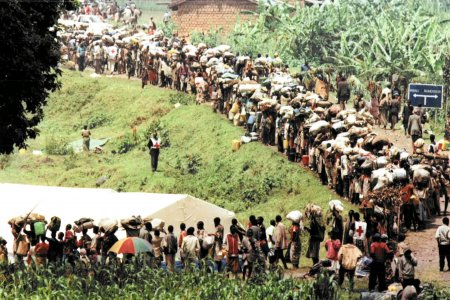 John Parkin
Interview
John Parkin
Interview
01/10/2018
Marc Le Pape
Jean-Hervé Bradol
How much is known about the daily experiences of humanitarian workers in extreme situations such as major conflict or disaster? In their new book, “Humanitarian Aid, Genocide and Mass Killings: Médecins sans frontières, the Rwandan experience, 1982-97”, Marc Le Pape and Jean-Hervé Bradol set out to answer some of these questions. The book is also informed by Bradol’s experience of working for Médecins Sans Frontières in Rwanda during the genocide.
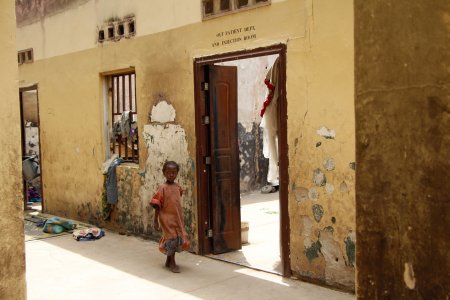 Benoit Finck
Analysis
Benoit Finck
Analysis
07/25/2016
Rony Brauman
Rony Brauman focuses on the humanitarian environment and practices in war, in order to try to understand and analyze its political and ethical stakes. Starting with the creation of the Red Cross at the end of the XIXth century, he then focused on the contemporary postcolonial period, switching between various scales and reporting on contradictory points of view and issues.
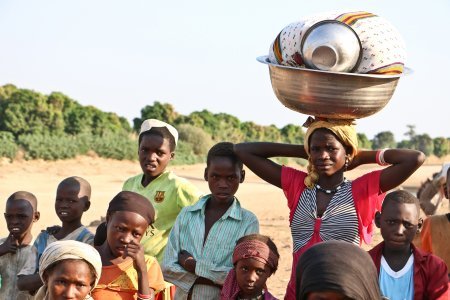 Analysis
Analysis
10/01/2006
Rony Brauman
All observers agree that in many respects, the Biafran War of 1967-70 was the founding event of the modern humanitarian aid movement. First, it was the scene of the first large-scale action by private aid groups and the Red Cross in a post-colonial world.
 Opinion
Opinion
12/11/2011
Rony Brauman
Rony Brauman discusses several aspects and issues related humanitarian action as well as the good reasons to wish Médecins sans frontières a happy 40th anniversary.
 Xavier Lassalle
Interview
Xavier Lassalle
Interview
11/28/2016
Jean-Hervé Bradol
Marc Le Pape
Interview with Jean-Hervé Bradol and Marc Le Pape. The book is published by Manchester University Press and will be out in January 2017.
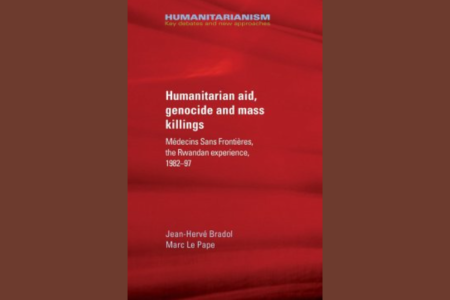 Book
Book
11/04/2016
Jean-Hervé Bradol
Marc Le Pape
Throughout the 1990s, Médecins Sans Frontières (MSF) was forced to face the challenges posed by the genocide of Rwandan Tutsis and a succession of major outbreaks of political violence in Rwanda and its neighbouring countries.
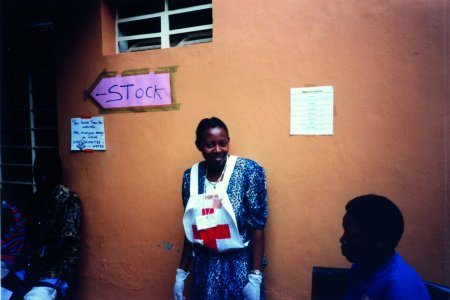 Xavier Lassalle
Analysis
Xavier Lassalle
Analysis
05/01/2013
Rony Brauman
How do Médecins Sans Frontières (MSF) and the International Committee of the Red Cross (ICRC) differ, and how are they alike?
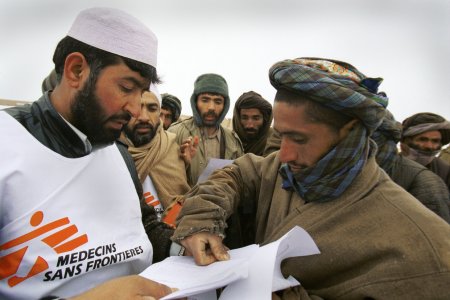 Tim Dirven
Cahier
Tim Dirven
Cahier
04/01/2008
Judith Soussan
To embark upon a study of this theme is to enter a field strewn with contradictory representations linked to a highly sensitive issue – the limits of our responsibility – that has generated endless disagreements and debates on our “identity” and the existence or nonexistence of a role for MSF “beyond care”.
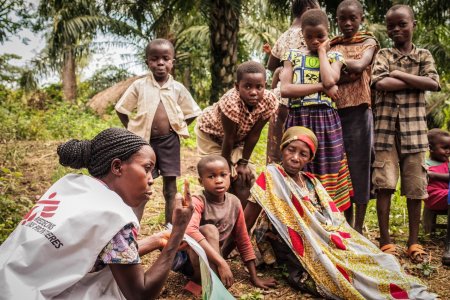 Gabrielle Klein
Cahier
Gabrielle Klein
Cahier
04/27/2007
Françoise Bouchet-Saulnier
Fabien Dubuet
The document analyses and describes the different initiatives, experiences and positions that MSF has had with regard to international investigations and judicial proceedings.
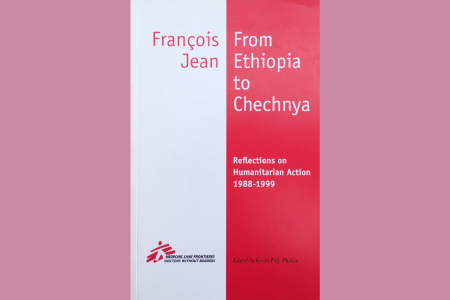 MSF-Crash
Book
MSF-Crash
Book
04/01/2004
François Jean
For nearly two decades, François Jean practiced humanitarian action based on a deep, pragmatic desire to understand, constant self-questioning, and broad intellectual curiosity. It will be clear to anyone reading his collected works, From Ethiopia to Chechnya: Reflections on Humanitarian Action, 1988-1999, that his writings resonate with dilemmas we face today.
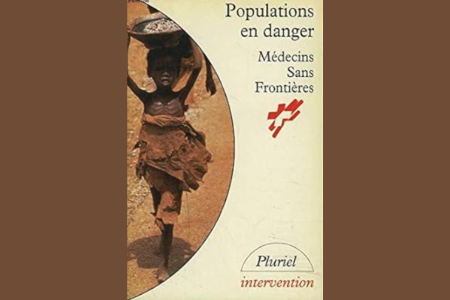 MSF-Crash
Book
MSF-Crash
Book
12/01/1992
François Jean
In the world today entire populations are at immediate risk of death from either famine, war, epidemics or displacement. The people of Southern Sudan, Somalia, the former Yugoslavia, Mozambique, Peru, Sri Lanka, Nagorno-Karabakh, as well as the Tuaregs, the Kurds and Burma's Moslems are those who face the most serious threats.
 Roger Job
Conference
Roger Job
Conference











